Lawyers Involved in Qantar's Cases Speak with Orda
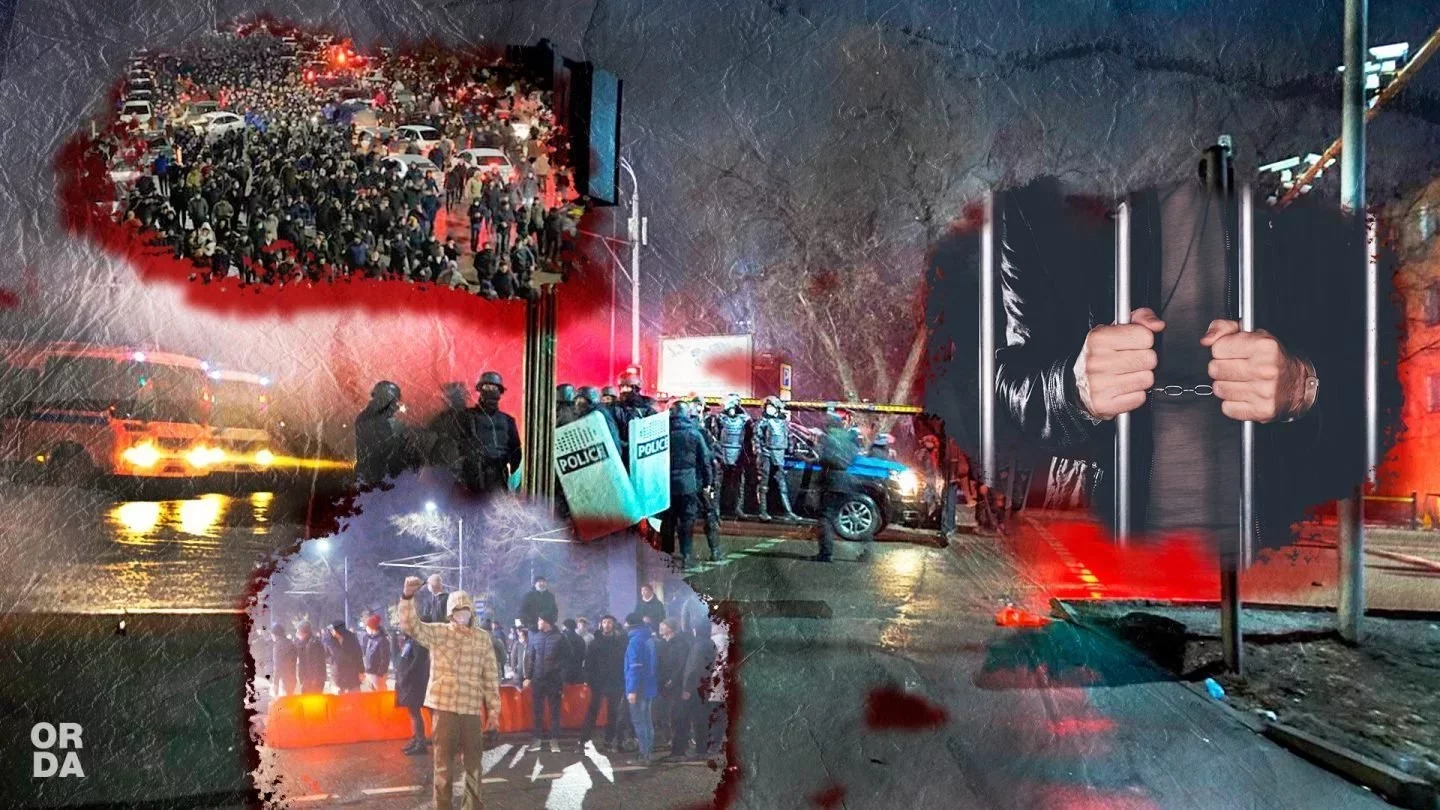 Covercollage: Orda.kz
Covercollage: Orda.kz
In the past two years, there have been more questions about Qantar 2022 than answers. Dozens of court hearings have been held: protesters have received sentences, whereas torture victims continue to seek justice. Orda.kz talked to the lawyers engaged in legal proceedings concerning such people.
99% of torture appeals did not reach the court
Gulnar Zhuaspayeva has been working as a lawyer for 31 years. She has handled several cases: homicides, violence, smuggling, etc. But she calls the cases of Zhanaozen and Qantar the most significant.
Before the January events, I said that my life was divided into two parts: before Zhanaozen and after. Now Qantar has been added. Before these events, I was wearing rose-colored glasses in relation to law enforcement agencies, my Kazakhstan, and justice, she says, sitting in an office with diplomas on the wall.
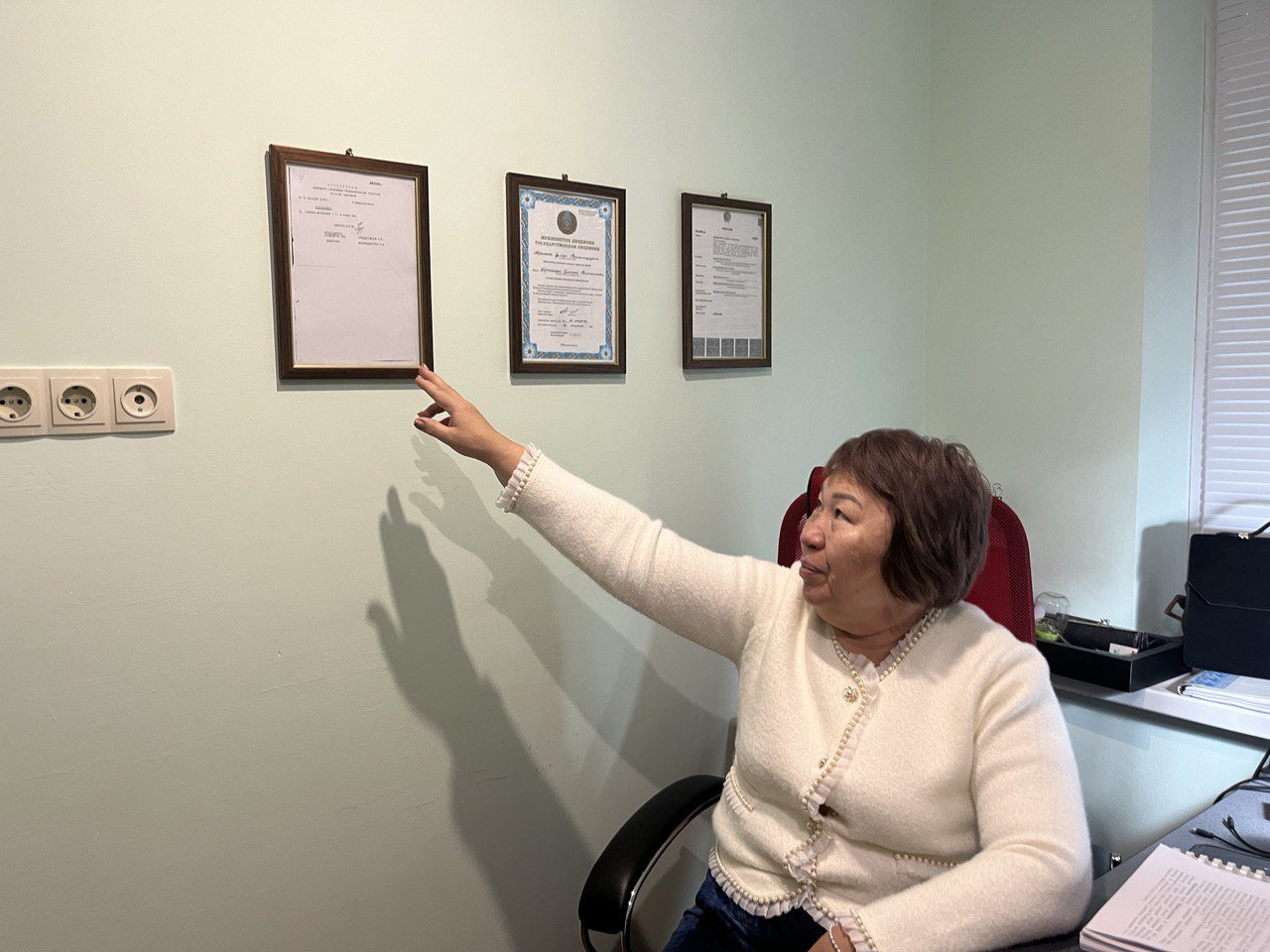

Zhuaspayeva recalls how in 2011 she worked for six months in Zhanaozen: she defended the oil workers who were on strike at that time.
After I came back to Almaty, it was very difficult for me. That was the first time I felt persecution mania. After all, during those six months, we, the lawyers, were threatened, drugs were planted, and (were followed - Ed.) followed. I thought it was the most frightening event in the history of independent Kazakhstan, and it couldn't get any worse. But Qantar has happened.
Following the first days after the January Events, people came to Gulnar Zhuspaeva's office: some could not find their children, while others claimed their husbands and brothers were tortured.
About 30 people came to us a day. We listened to their stories and took everything to heart. Some cases were taken on, and (we - Ed.) had to refuse to help others. After all, it is physically impossible to conduct 30 cases. I try to take cases in which a person is genuinely innocent, says the lawyer.
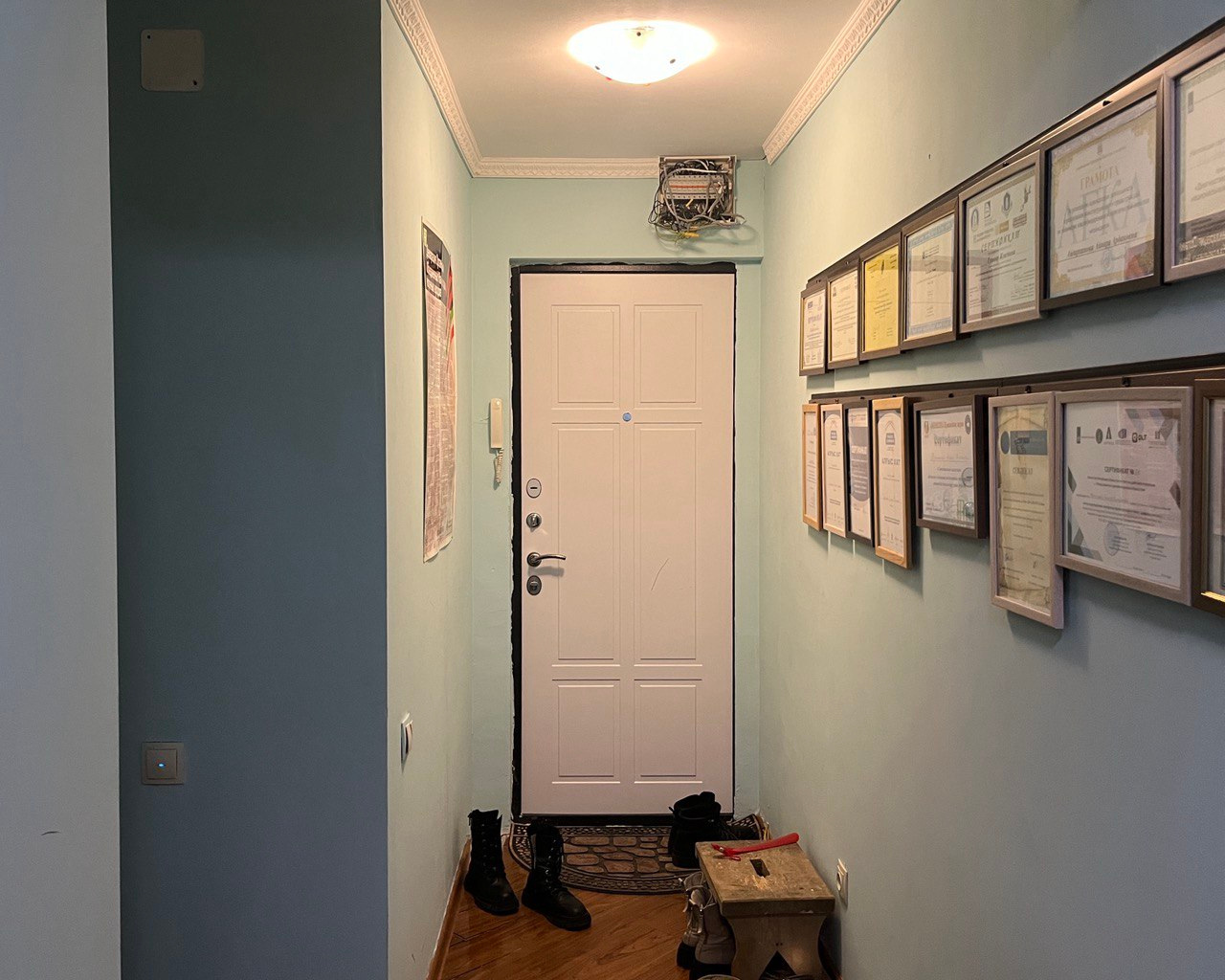
In the past two years, Gulnar Zhuaspayeva has handled more than a dozen Qantar cases. The most prominent cases: the 11 KNB officers, the 24+ 1 Qantar participants, Wild Arman, and others.
Most often, Zhuaspayeva represents those subjected to torture by law enforcement agencies. But she highlighted that bringing such cases to court is no easy task.
There were mass tortures during Qantar, and this is a fact. In two years, I have received more than 50 torture complaints. But 99% of them never reached court. The investigation closed them for lack of evidence or other reasons. For example, the case of 11 employees of the National Security Committee reached court only because video from surveillance cameras was saved at the Almaty airport. This is probably the first time in Kazakhstan that KNB employees have appeared in court. Even so, the verdict was unfair.

11 employees of the KNB, heads of various departments and departments, had been charged with kidnapping and cruel, inhuman treatment of 54 January Event participants.
According to the indictment, the security officers not only intimidated and physically assaulted the suspects but also used AK-74 rifle butts, rubber batons, and even a billiard cue. People were beaten and kicked unconscious, facing demands to confess. Some of them were threatened with sexual abuse, while others were forced to kiss and lick the floor of the container.

At the same time, the Turksib district court issued the following decision:
- Four defendants received five years in prison in a medium-security colony
- Three were sentenced to three years in a medium-security colony
- Three other former KNB employees received three and five-year conditional sentences
- One defendant was acquitted.
It's difficult when you, as a lawyer representing a victim’s interests, hope that there will be a fair verdict. But the court eventually makes a completely different decision. At such moments, burnout sets in. I remember when the verdict was announced in the Turksib court, the parents and wives of the defendants from the KGB berated us. It reminded me of the persecution in Zhanaozen.
Zhuaspayeva says that her friends and family are helping her recover.
For The Public
Lawyer Ainara Aidarkhanova, works with her mother, Gulnar Zhuaspayeva. She recalls that after Qantar, she and her mother worked seven days a week and constantly rushed to pre-trial detention centers to meet with their clients.
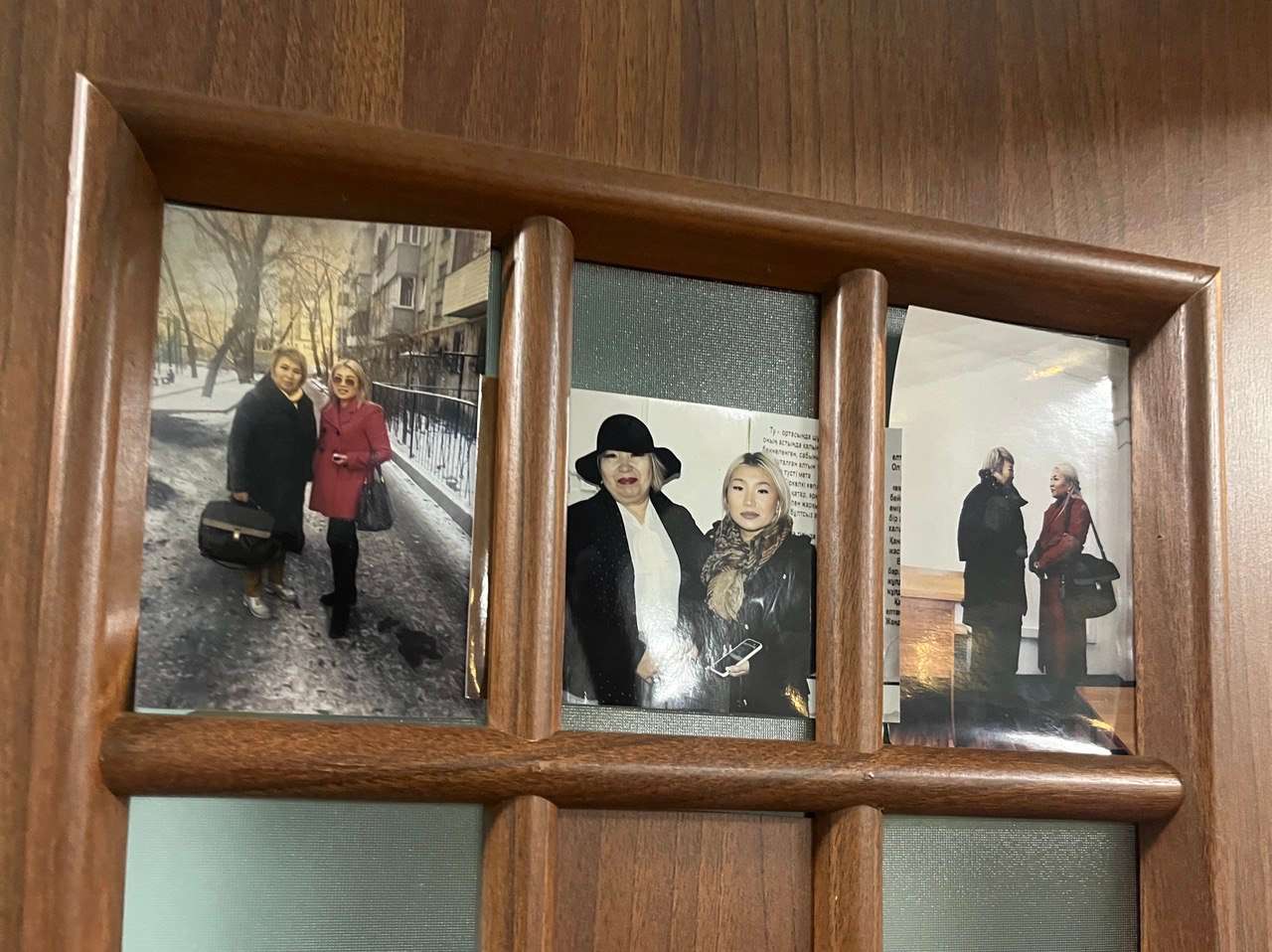
At the same time, the family duo mostly charges nothing for their services.
The victims do not have the opportunity to pay for the lawyers’ services. Most of them suffered injuries that prevented them from getting a job. Some are from the regions, so it was difficult for them to pay for the trip. And we could not leave people in such a situation, so we conduct some of the cases pro bono ("for the public good", Latin - Ed.), says Ainara Aidarkhanova.

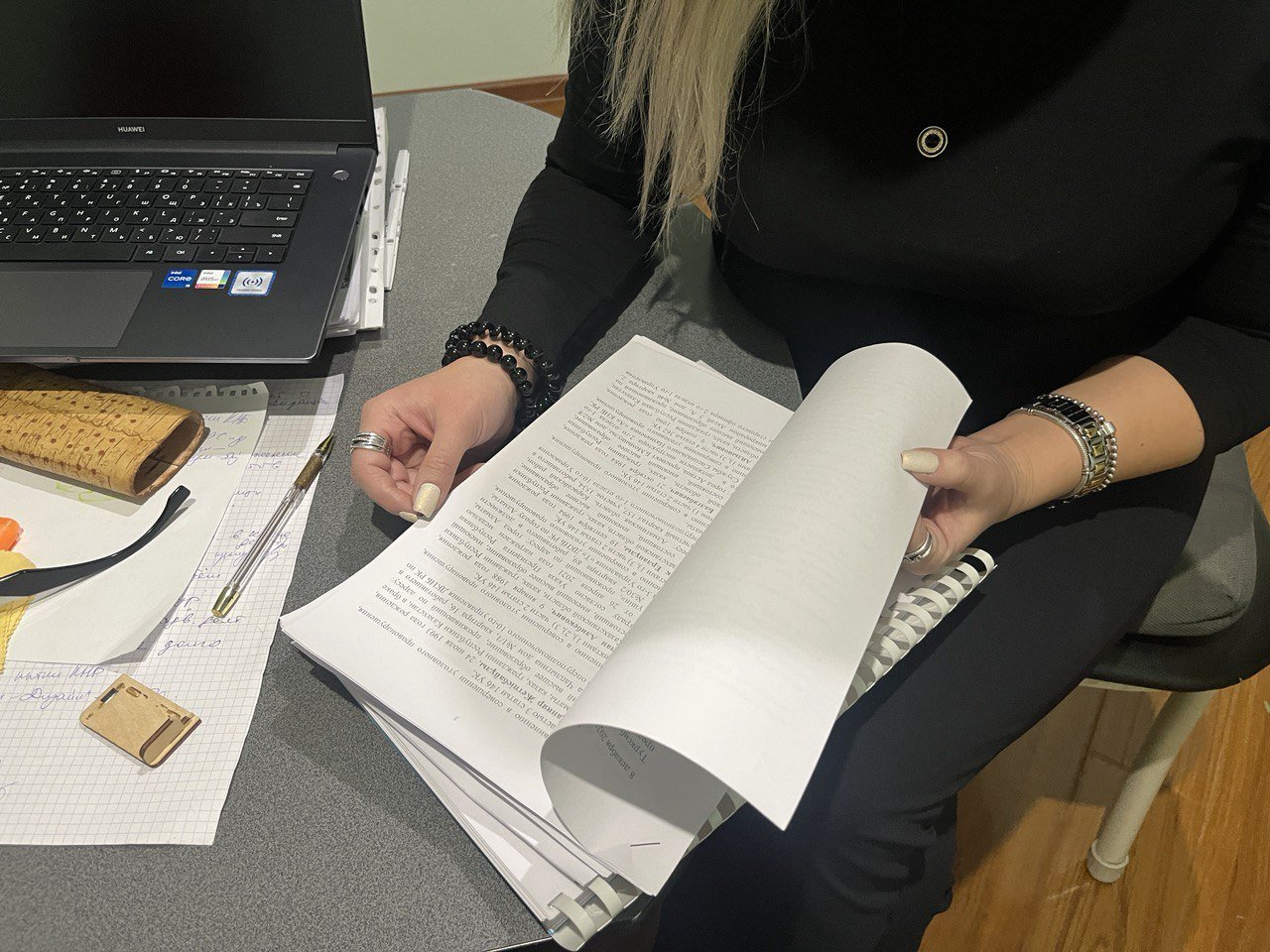
Aidarkhanov's lawyer has handled five Qantar cases in two years. She says the case over the incident at Almaty’s airport affected her the most. She defended journalist and activist Aigerim Tleuzhan, who became the first woman convicted in the January Events. Tleuzhan was sentenced to four years in a penal colony.
You try to limit yourself from burnout. But it was hard for me with Aigerim’s case. When you fight, but your efforts don't scratch the surface, it becomes excruciating. Moreover, I believe that all the evidence of my client's innocence was presented both in the court of first instance and in the court of appeal. But the judicial board remained adamant.
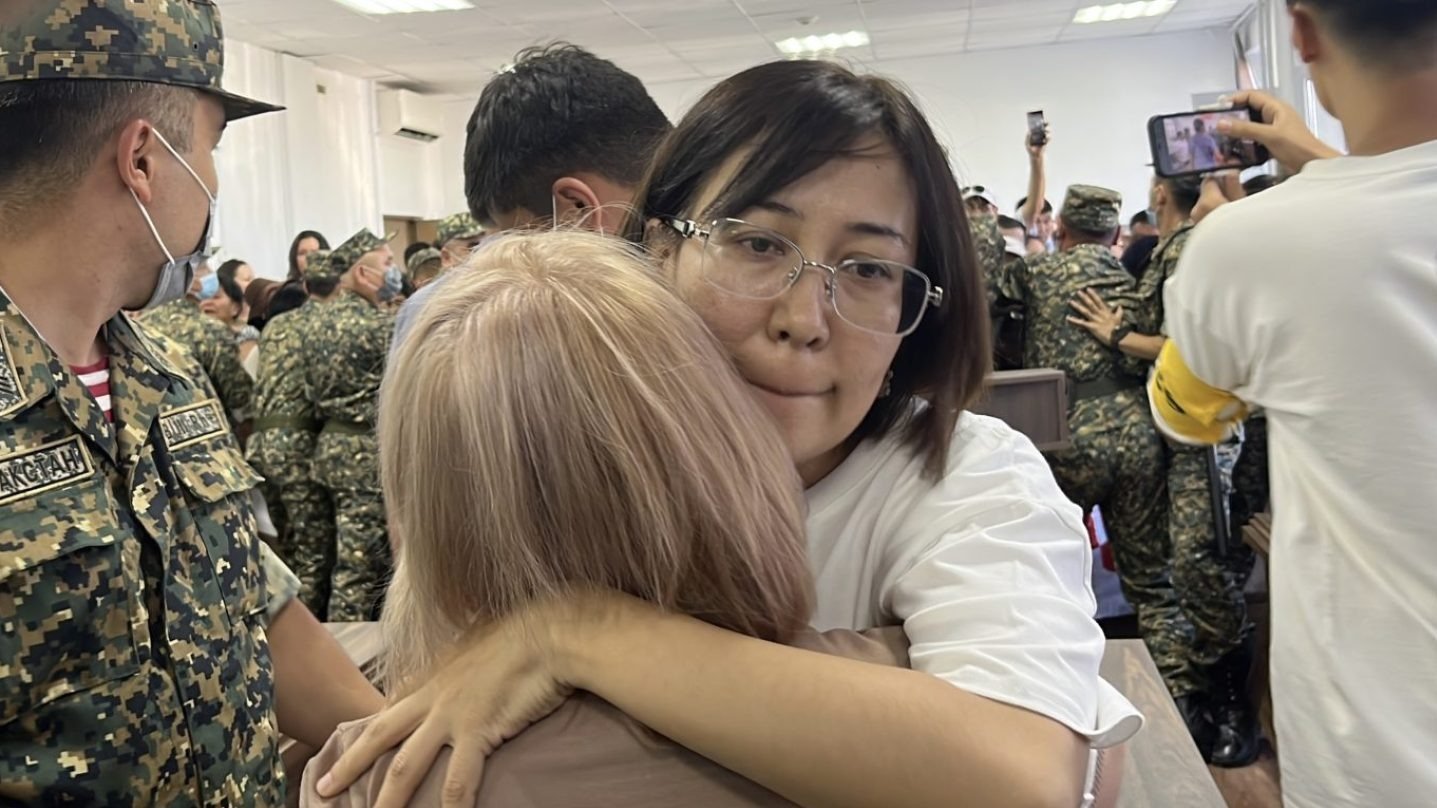

Ainara Aidarkhanova emphasizes that she protects peaceful protesters and, like her mother, torture victims. When asked who she would not defend, she answered without hesitation — the torturers.
If They Are Gone Innocence Is Difficult to Prove
Lawyer Zhangaza Kunserkin has handled seven cases related to the Bloody January. Six of them are the cases of those who died. Among them are protesters killed on the square, those who died from torture, and four-year-old Aikorkem Meldehan, who was shot in her father's car on January 7, 2022.
I was absolutely sure that the defendant would eventually be punished. Even in the final verdict, everything points to his guilt. There is a body, other children have serious bodily injuries, but for some reason, there is no corpus delicti. Absolute nonsense.
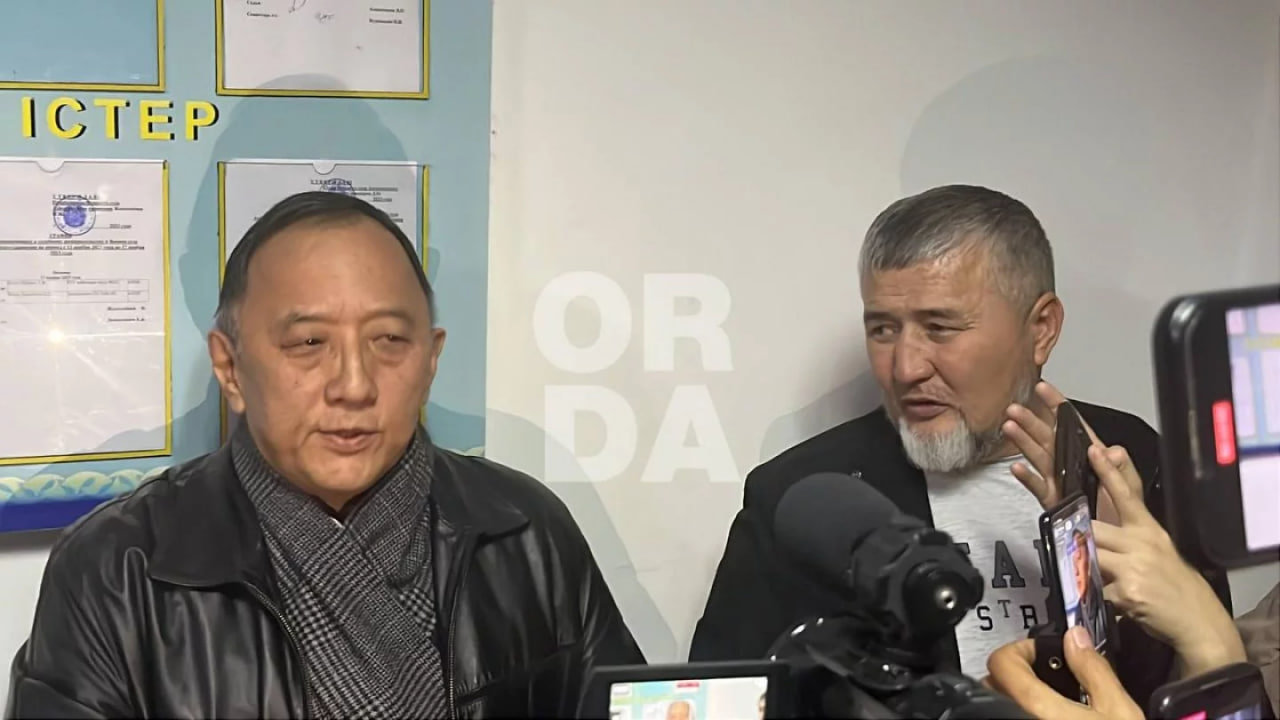
Zhangazy Kunserkin participated in the trial over Aikorkem’s death for almost six months. Activists and journalists had gathered near the military court building of the Almaty garrison. Kunserkin was an informative "bridge" for the public, as the trial was held behind closed doors.
Another memorable case for Kunserkin's lawyer was Zhasulan Anafiyayev’s case. He died from torture in an Almaty temporary holding facility.
It was difficult to conduct this case and read what kind of torture the man was subjected to. He had 13 broken ribs. His chest was a mess. They jumped on it, says Kunserkin.

Zhasulan Anafiyaev is one of six people whose deaths from police torture have been officially recognized by the authorities. The temporary holding facility’s employees received 5-10 years in prison.
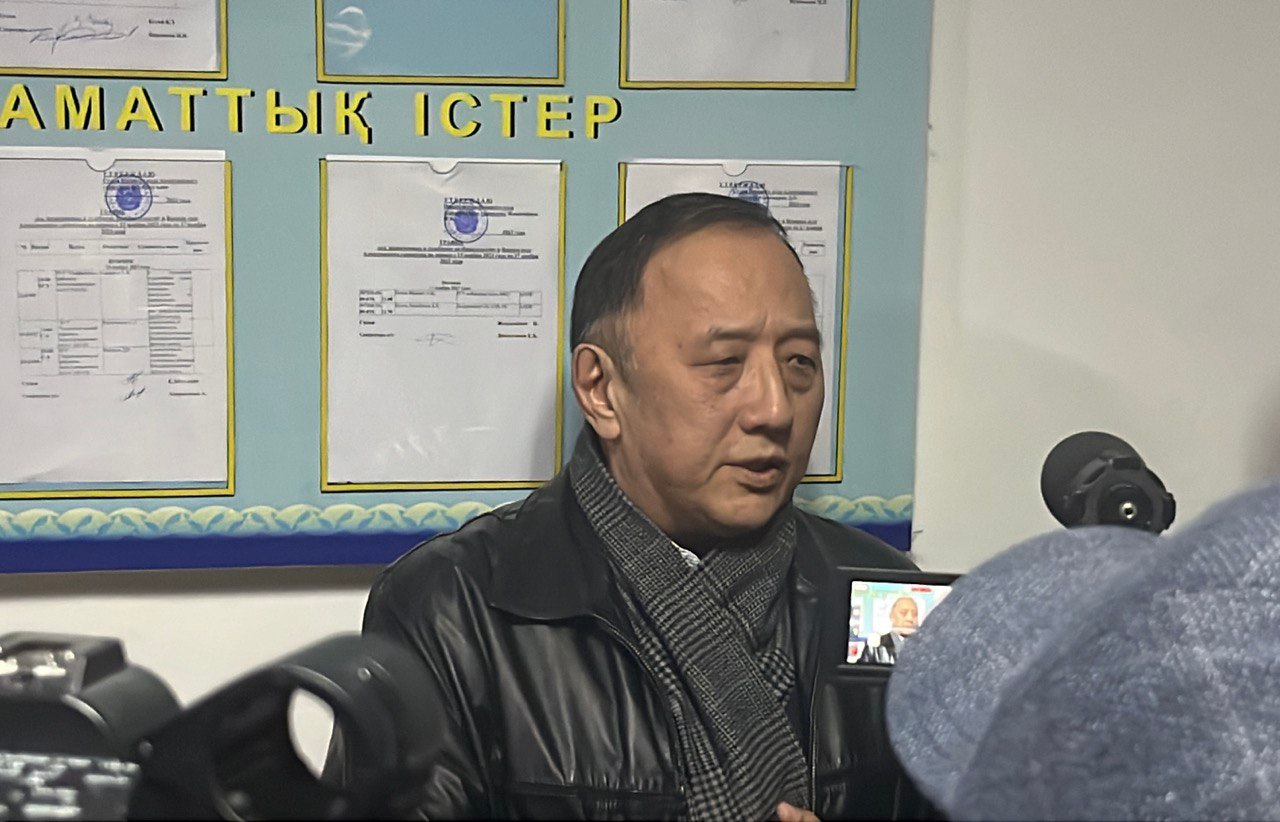
Zhangaza Kunserkin has been handling other cases related to Qantar participants posthumously convicted for participating in mass riots. Only two of Kunserkin's clients were acquitted, while three were found guilty.
It is clear that the attitude towards the Qantar participants, even those killed, is biased. It is noteworthy that one judge was killed in the square during the January Events. But for some reason, no criminal case was opened against him for his participation in mass riots. And in relation to the others who died, they have been initiated. At the same time, no one can answer the question of who killed them.
Zhangazy Kunserkin, like other lawyers, says that the norms of Kazakhstan’s Criminal Procedure Codex and the adversarial principle have been repeatedly violated in the courts.
Blurry Visual
A January Event participant's depiction has remained as hazy as the morning of January 5, 2022.
During Qantar, people were left without a way to communicate and the Internet. Some TV channels and online media were accessible. However, not for everyone. January Event participants’ depiction has thereby been fused with the image of looters, robbers, and terrorists. Lawyers who worked side by side with the Qantar participants believe that such a comparison is unfit.
With such a massive crowd of people, the image of the participants in the events inevitably gets mixed up. Initially, people came out in support of Zhanaozen residents in the hope of achieving positive changes. We cannot dispute that provocateurs also took part in the events. At the same time, I am sure that the activists who came out to the square at that time would not have shown up for robbery, assault, or arson. After all, they were arrested for 15 days all the time, and they know perfectly well what is permissible done and what is not, says Ainara Aidarkhanova.
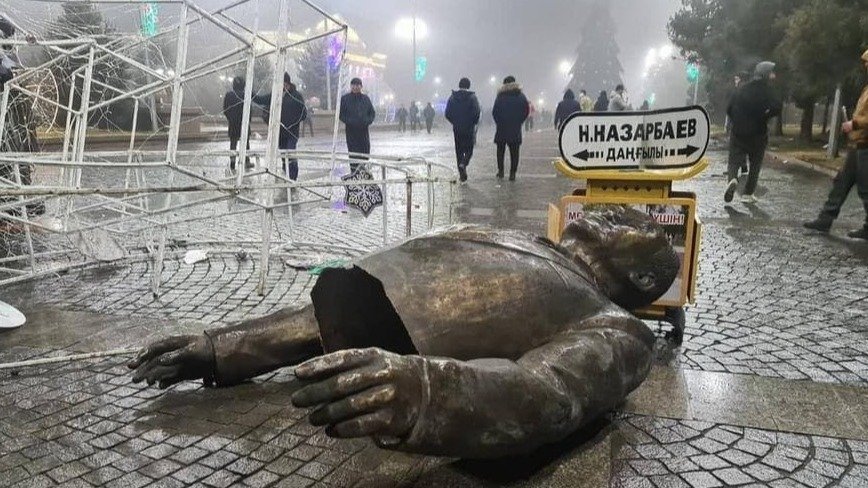
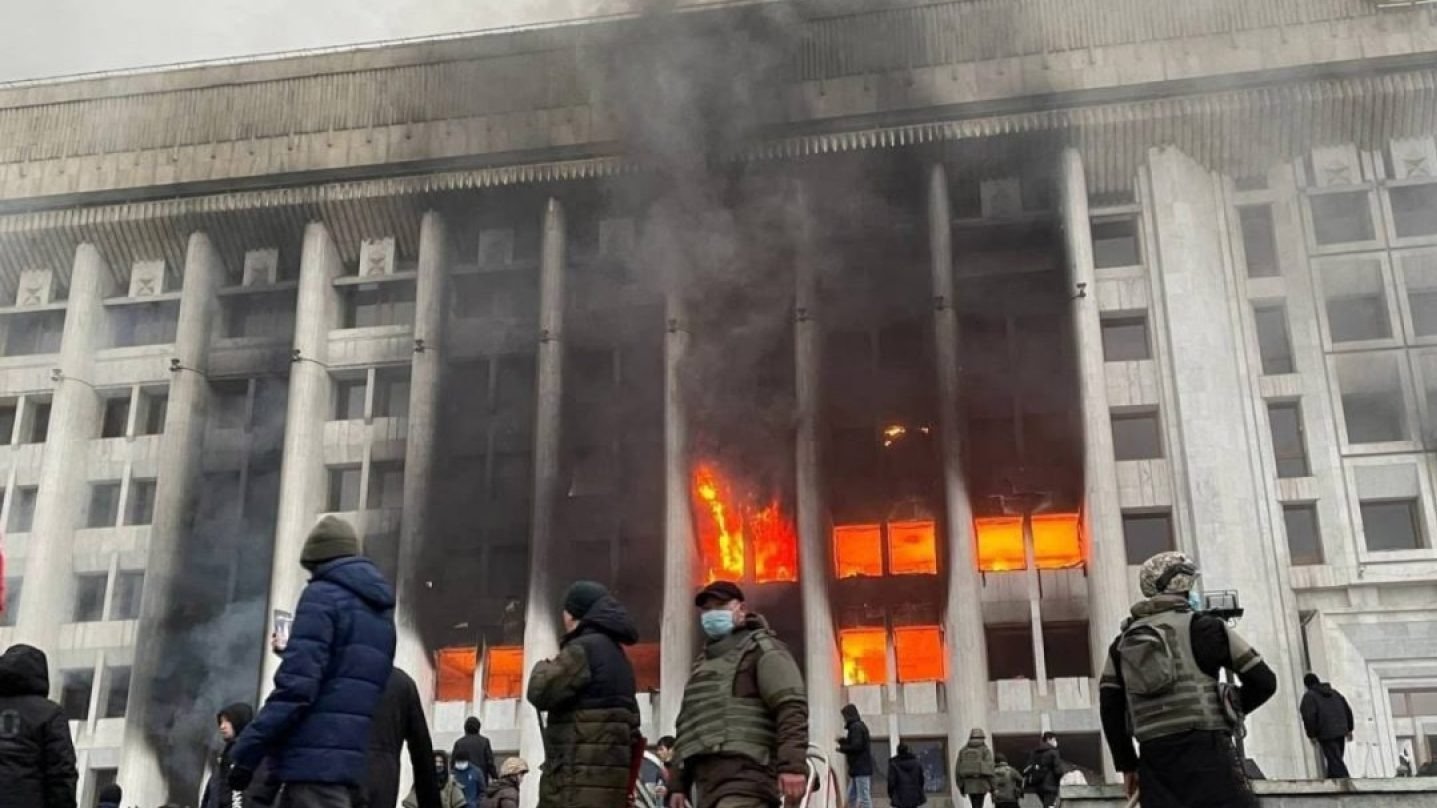
Zhangazy Kunserkin also notes that participants and looters are not the same.
These are completely different people. Those I have worked with are unemployed people or those who work in low-paying positions. They are being tried for participating in the unrest. But at the same time, in two years I can't remember a single case where robbers of jewelry stores or shopping malls were convicted.
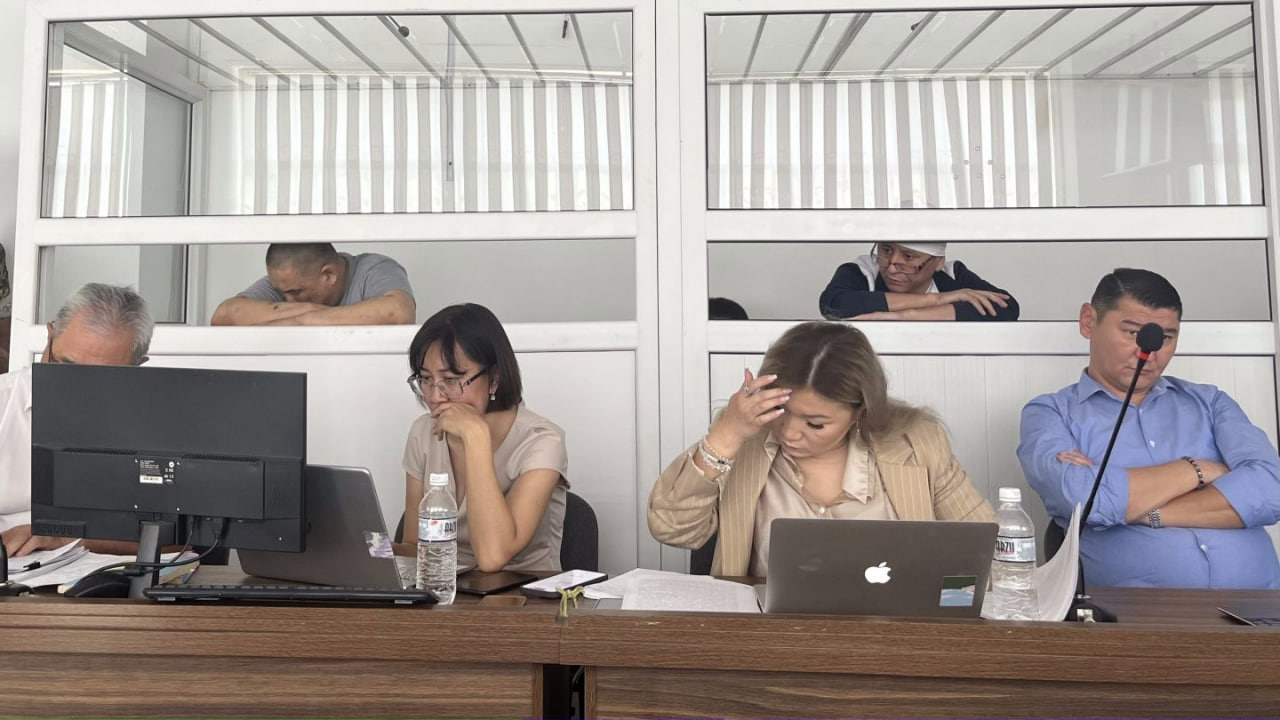
Lawyer Gulnar Zhuaspayeva added that she would not defend looters. And her clients are victims.
People were not satisfied, they decided to go to the square for the first time. No one listened to them. They were put down through death and torture. And the most important Qantar cases were held behind closed doors. These are socially important cases that should be held openly. The closure of the trials is a reflection of the fact that the government is trying to hide the truth from the people.
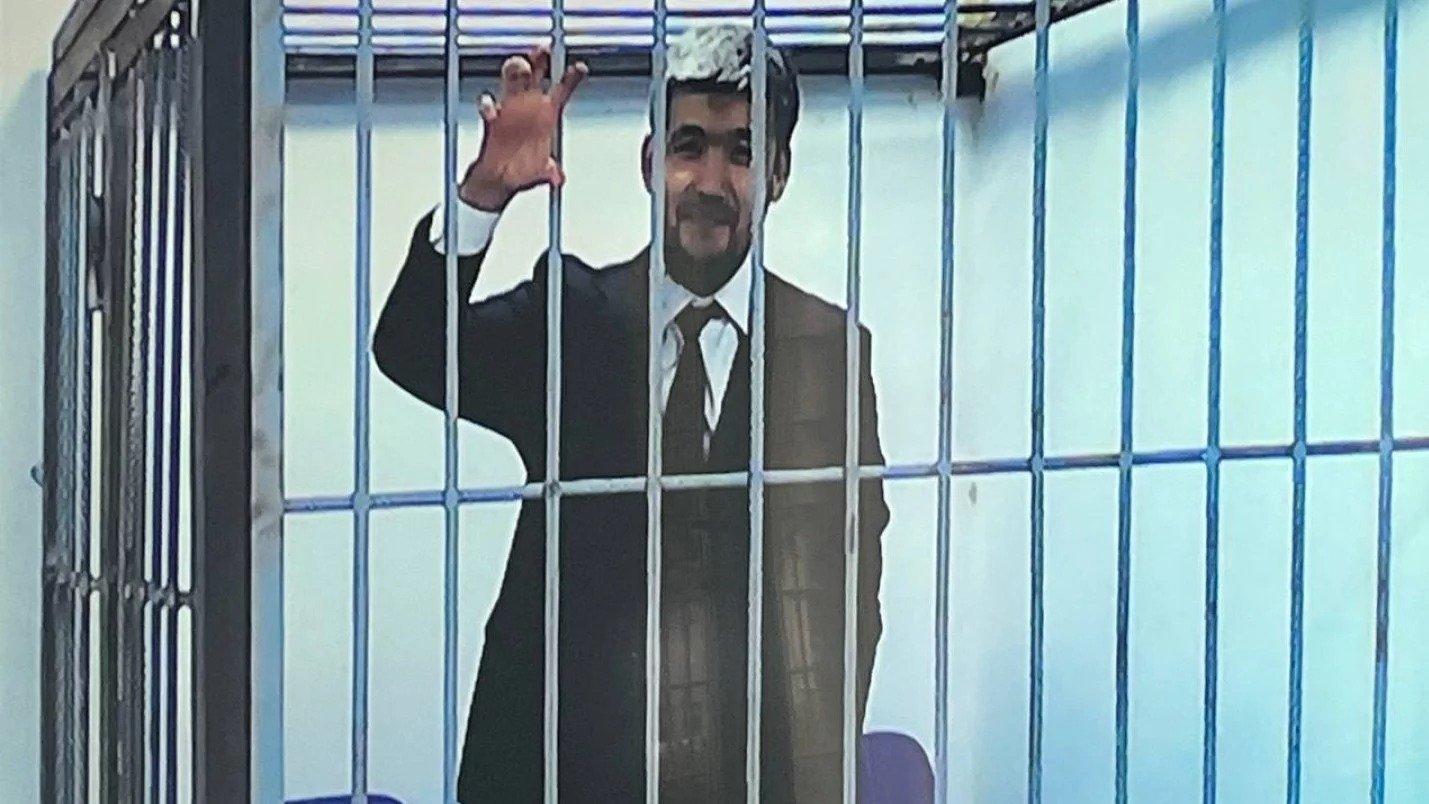
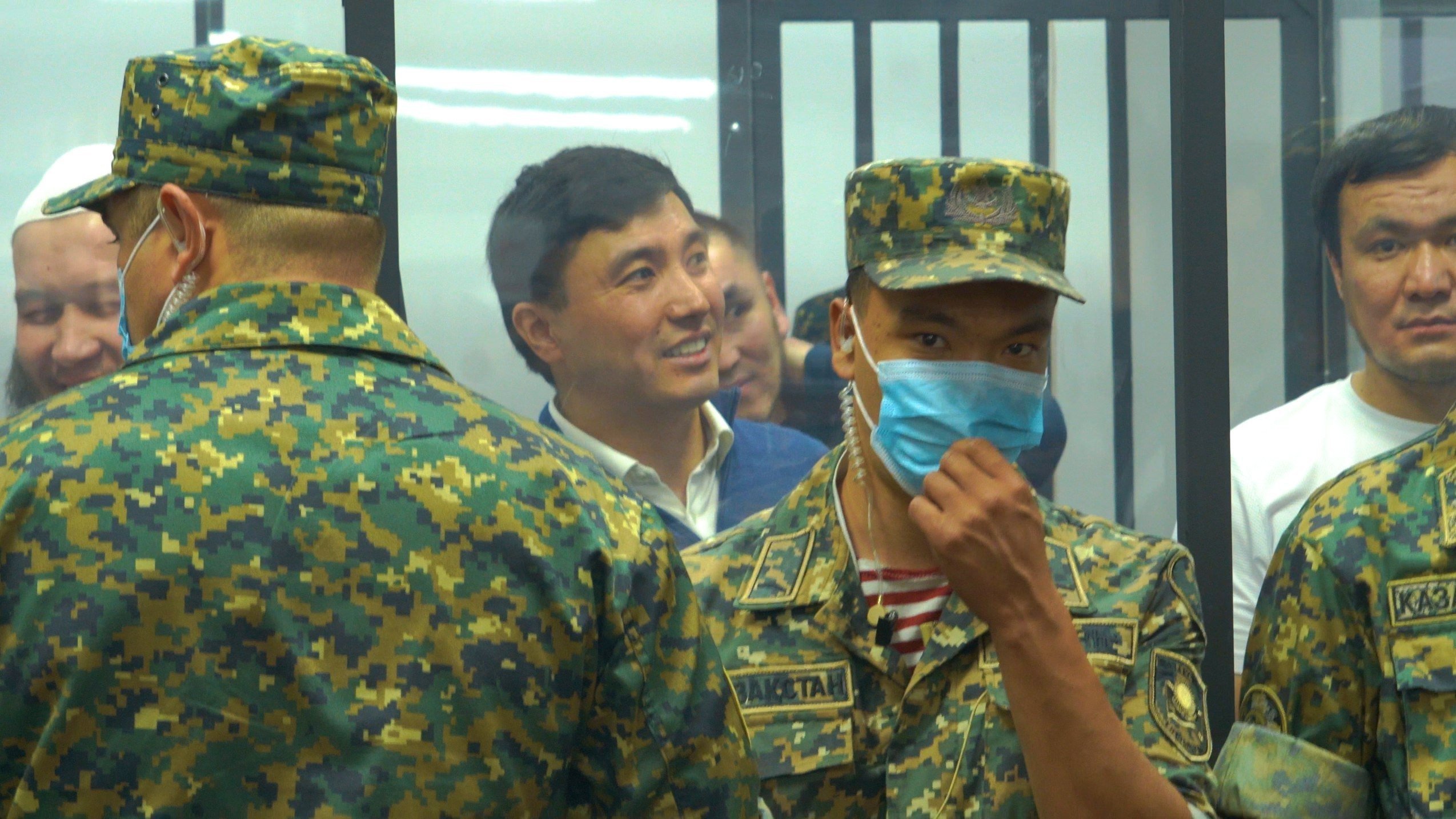
What Do Numbers Say?
According to the Prosecutor General's Office of Kazakhstan, the courts have considered criminal cases against 1,221 people. 1,205 of them have been convicted. 1,095 people have been granted amnesty.
I hope that when the system has changed, all the Qantar cases will be reviewed. And some will be rehabilitated and acquitted, concluded Aidarkhanova.
Several major cases over the January Events are still ongoing, i.e. Wild Arman and Kairat Kudaibergen’s, the case of the seizure of power and the attack on the presidential residence in Almaty. Orda.kz will continue to follow developments.
Original Author: Silam Aqbota
DISCLAIMER: This is a translated piece. The text has been modified, the content is the same. Please refer to the original piece in Russian for accuracy.
Latest news
- Kazakhstan and Afghanistan Sign Railway Memorandum
- Kazakhstan's National Bank Keeps Interest Rate at 16.5%, No Cuts Expected Until 2026
- Vyacheslav Kim Finalizes Purchase of Alatau City Bank
- Wild Arman Associate Detained in UAE Over Alleged Role in Qantar Riots
- Ulytau Region Akim Sues Woman for 495,000 Tenge Over TikTok Video
- Ukrainian Entrepreneurs Move to Buy BTA Bank from Kazakh Businessman Kenes Rakishev
- Kazakhstan’s Foreign Debt Hits 170.5 Billion USD in Q1 2025
- Regulator Flags Pricing Issues in Yandex Go Audit, Company Ordered to Adjust Policies
- Azattyq Prepares Lawsuit Against Kazakh Foreign Ministry Over Denied Press Accreditations
- Oil Smuggling Trial Begins in Aqtau Over Seized Tanker
- Armenian Foreign Ministry Open to Outsourcing Transport Corridor Oversight
- A Second Kazakhstan-Born Individual Convicted of Treason in Russia This Month
- National Fund Council: Toqayev Receives Tie-Breaking Vote Power
- Kazakhstani Caught With Fake Passport in Bulgaria Fears Extradition
- Rubio and Lavrov Hold Talks at ASEAN Summit Amid Escalation in Ukraine
- Asset Recovery: Price on De Beers Earrings Cut by 23 Million Tenge
- Pashinyan and Aliyev Discuss Normalization Efforts in Abu Dhabi
- What Will Be Considered Stalking? The Ministry of Justice Explains
- Kazakhstan Prepared to Build Karachaganak Gas Plant With Alternative Contractor if Needed
- Former Russian Orthodox Priest Launches Petition for Constantinople Church Presence in Kazakhstan

